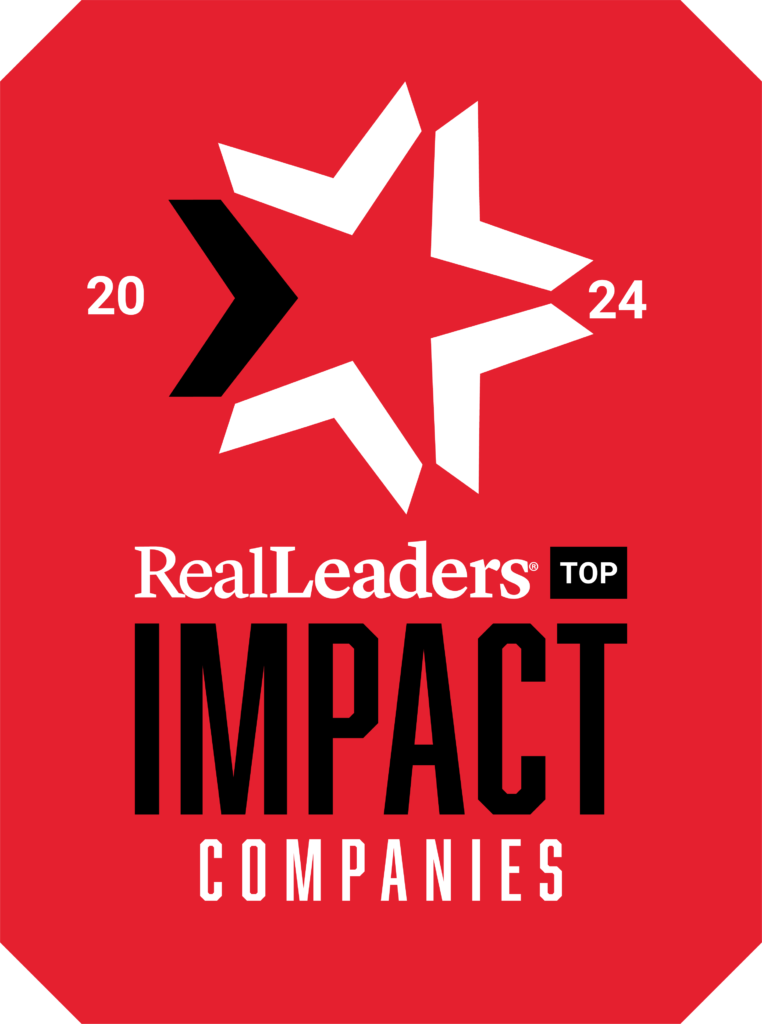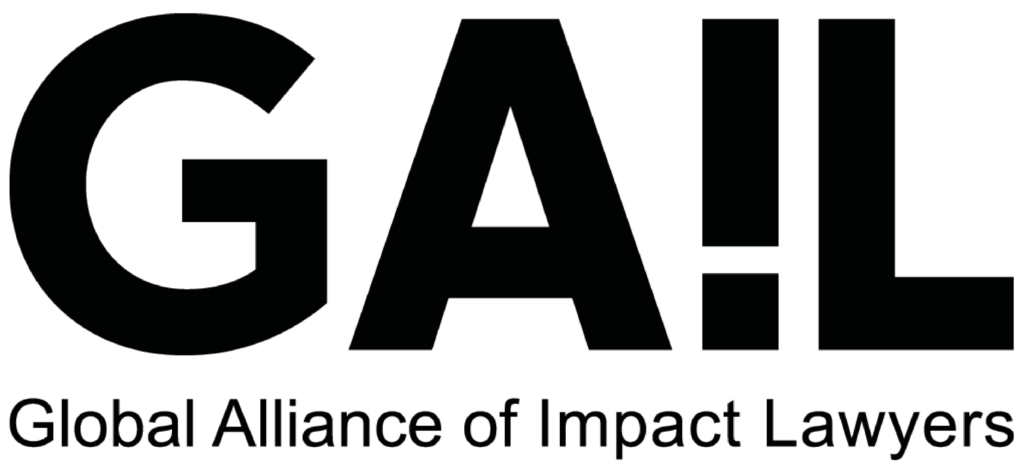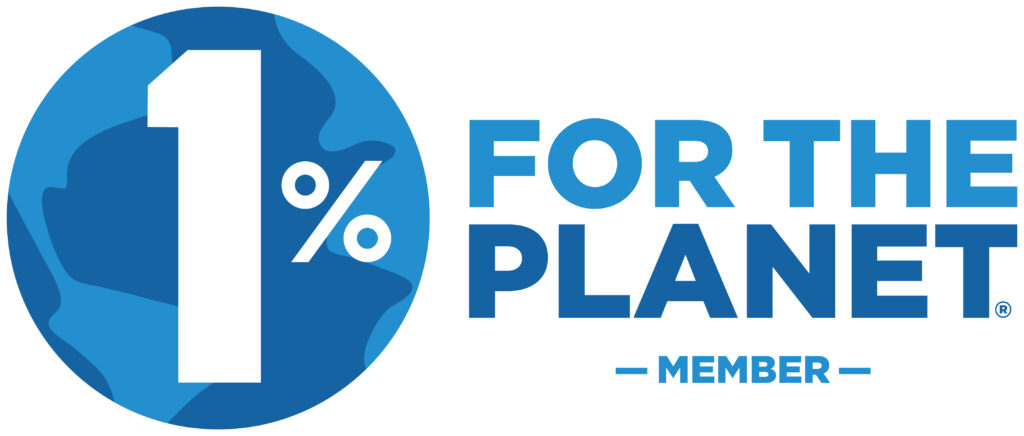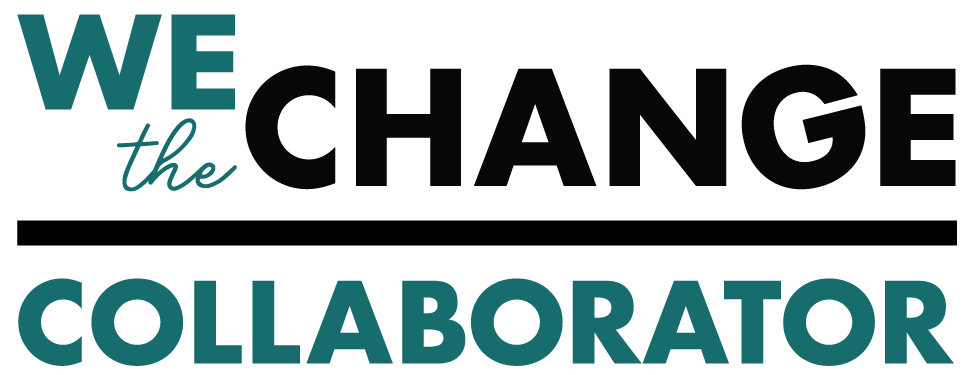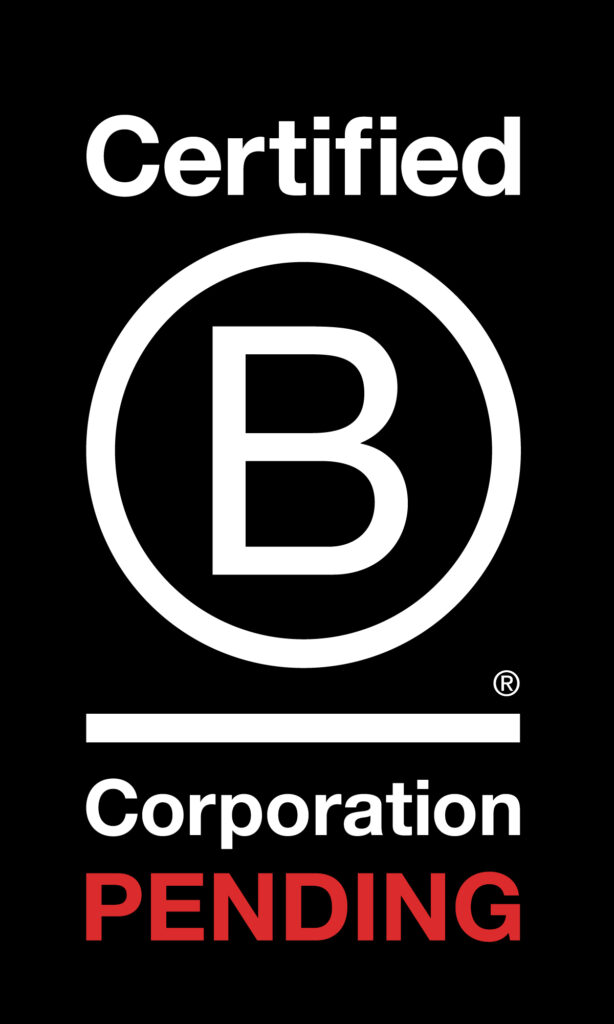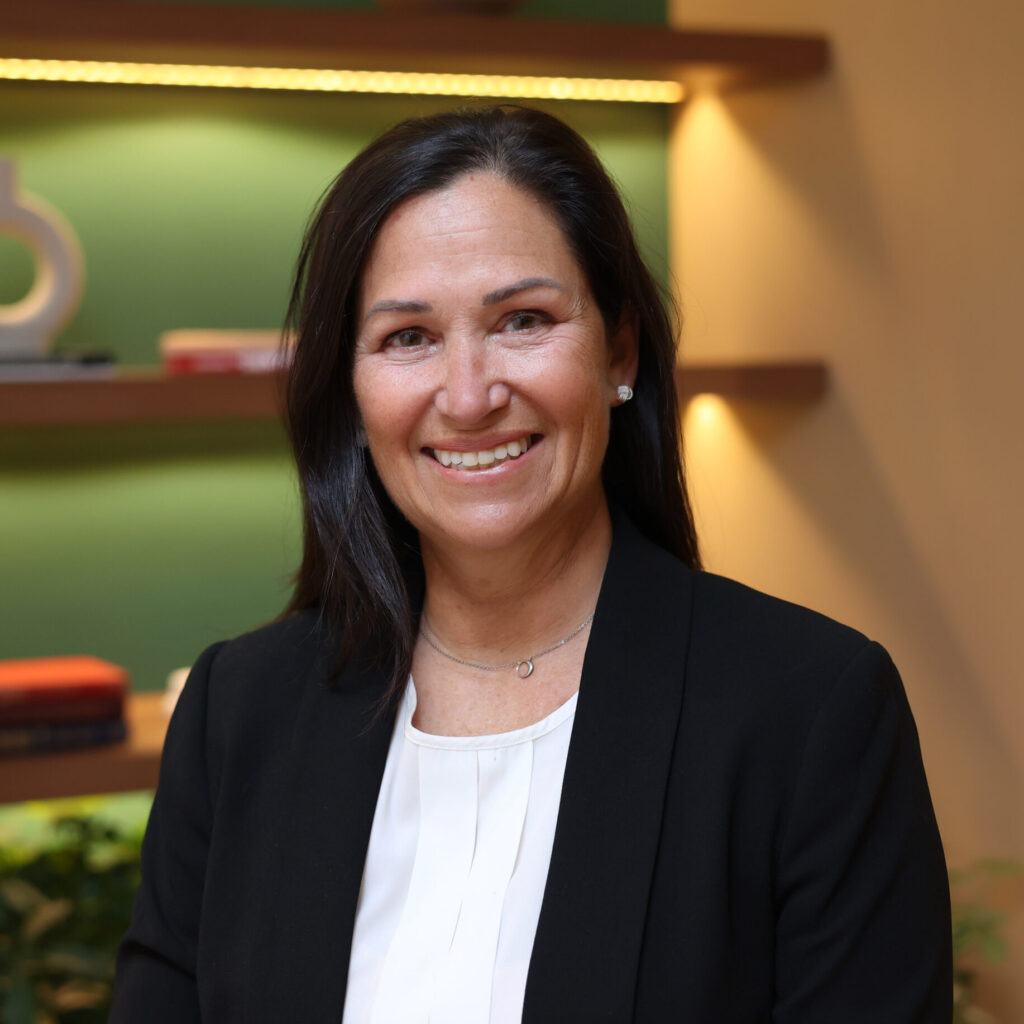When a business owner decides it is time to exit her company, one of the most important decisions she will make is what type of buyer she is willing to sell to. For mission-driven founders, the obvious answer to this question may be to sell to the company’s own employees. Few business decisions can have a more profound impact on the long-term financial wellbeing and professional growth opportunities of a company’s employees than an owner’s decision to turn over their business to the employees. With this decision in hand, the next question is how to make it happen. Various options for exiting to employees exist, and there is no one-size-fits-all solution. For some companies, the best option may be converting the company to a workers cooperative in connection with the founder’s exit. This post will explore some of the basic concepts of worker co-ops and why they may be the right choice for some companies.
Worker Co-Ops: A Venerable History with Renewed Relevance
While worker co-ops are the oldest form of employee ownership in the United States, they still account for a small percentage of the US workforce and traditionally have been concentrated in agricultural and related operations. Still, worker co-ops have a long tradition of creating democratic and equitable workplaces that empower workers in a way that few other models can match. Most existing worker co-ops were founded as co-ops, but co-ops increasingly are viewed as a viable option for founders of traditional businesses who wish to convert to this form in connection with the sale of their companies to their employees.
Worker Co-Ops Benefit Workers and Facilitate Founder Exits
The benefits of worker co-ops for workers are substantial, including increased job security, democratic corporate governance that gives workers more agency, higher job satisfaction, decreased turnover and greater resiliency in times of economic disruption. The fundamental attributes of worker co-ops include a one-worker/one-vote system of governance, a (usually fairly modest) buy-in requirement for all employees who wish to participate, and regular distributions of a portion of the company’s net profits to employee-owners.
Democratic Governance Upends the Traditional Shareholder-Value Model
While co-ops are democratically governed by the workers, most have a board of directors elected by the workers and a management team answerable to the board to ensure efficient oversight and decision-making. Oftentimes, some members of the board and management will be drawn from the employees, which provides opportunities for workers to move into roles that would not typically be available to them in traditional companies. The ability of the workers to select the board and participate in management upends the traditional corporate model, in which the shareholders (who often are not employed in the business) elect the board of directors, which selects the management team, both with little-to-no participation by the workers.
A Powerful Tool to Combat Income and Wealth Inequality
For mission-driven companies that already balance the profit motive with the interests of suppliers, customers and the broader community, worker co-ops are the ultimate form of stakeholder capitalism, as they eliminate the pressure to produce short-term returns for shareholders not otherwise involved in the business and instead are designed to produce reliable, long-term gains for the very people whose work is generating those gains. By directing distributable profits to employees who may otherwise not have exposure to investment returns, worker co-ops are a powerful tool to combat income and wealth inequality.
How to Decide if a Worker Co-Op is Right for Your Business
Despite the many benefits for workers, selling a privately held business to a worker co-op can be challenging for various reasons and may not be right for every business. To begin with, it requires a high degree of buy-in from workers, who will have to find the funds to purchase their stake in the company upon the conversion. Also, the selling founder must be convinced that the workers possess both the skills and the desire to effectively take on management and oversight roles, which may be very new to many of them. Moreover, since many such business transitions are only economically feasible if the selling owner agrees to receive a large portion of the sale price in instalment payments over a number of years, the founder’s ability to receive the full consideration can be at risk if the workers are unsuccessful in maintaining or growing the business following the sale.
Worker Co-Ops Benefit Founders and Workers, but Other Exit Options Exist
In spite of these challenges, worker co-ops can be an empowering option for founders seeking to exit in a responsible way and can offer unique benefits and opportunities to workers. Watch for future posts exploring other options for employee ownership transitions, including Employee Stock Ownership Plans and Employee Ownership Trusts.
This article is intended to provide general information about Worker Co-ops and does not constitute legal advice. We encourage you to consult with an attorney for advice based on your specific circumstances.
This article does not create an attorney-client relationship between ImpactGC and you or your company, or create any duties to provide advice with respect to Worker Co-ops. ImpactGC is not responsible for updating you or your company about developments regarding Working Co-ops.




